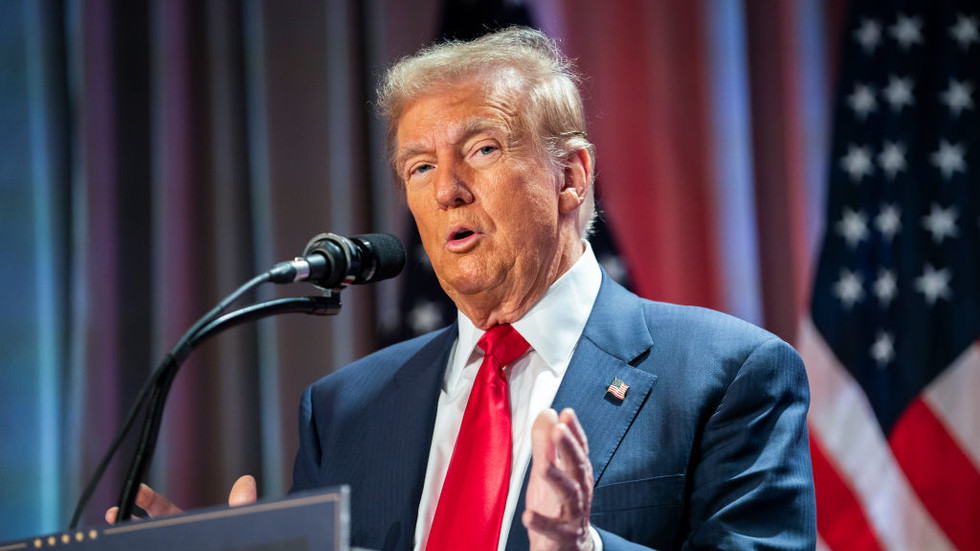In the context of illegal immigration, a stringent approach was pivotal for the Republican Party’s electoral success, notably exemplified by President-elect Donald Trump’s recent declarations. Trump has announced plans to use military resources to deport undocumented immigrants, signaling the intention to declare a national emergency. During his re-election campaign, he promised to execute what he termed the “largest deportation program” in U.S. history, emphasizing his dedication to this cause. A significant moment occurred when Trump shared a post on the Truth Social platform by conservative activist Tom Fitton, who mentioned that Trump’s administration intended to use military assets to manage illegal immigration through mass deportations. Trump reinforced Fitton’s sentiment, confirming his agenda aligned with a robust immigration enforcement strategy.
Under existing legislation from 1976, U.S. presidents possess the authority to declare national emergencies and reallocate funds for various purposes. Utilizing this power, Trump has outlined extensive plans addressing illegal immigration, which include increasing deportations and reinstating travel bans for certain nations. Furthermore, he aims to close borders to asylum seekers and terminate the practice of birthright citizenship for children born in the U.S. to undocumented immigrants. Stephen Miller, Trump’s chief immigration advisor, indicated that the military could potentially construct large-scale camps to detain individuals slated for deportation, presenting a significant shift in the treatment of undocumented migrants.
Current estimates from the Department of Homeland Security suggest that approximately 11 million people live in the United States illegally, underscoring the scale of the challenge facing the Trump administration. Previous efforts to curb illegal immigration included his declaration of a national emergency at the southern border during his first term in 2019. This declaration allowed him to repurpose military funds toward the construction of a border wall, a flagship initiative in his immigration policy. However, the momentum of these projects ceased with the election of Joe Biden in 2021, as his administration halted further construction of the wall.
Trump’s intended actions regarding illegal immigration represent a continuation of his hardline stance taken during his presidency. This approach aligns not only with his support base, which prioritizes border security but also reflects broader national sentiments surrounding immigration issues in the United States. The proposal of utilizing military involvement for deportation raises numerous concerns about civil rights implications and the treatment of undocumented immigrants. Critics argue that such measures would further militarize U.S. immigration policy and may lead to violations of humanitarian principles.
The suggestion of using military resources reflects a drastic shift in how immigration enforcement is viewed and executed. Trump’s administration has historically emphasized a strict immigration policy, pursuing measures like the travel ban targeting several predominantly Muslim nations. By seeking to regulate asylum processes and redefine citizenship rights, Trump may provoke significant legal disputes and challenges from advocacy groups opposing his initiatives. The implications of these policies are likely to ignite fervent debate over the boundaries of executive power and the appropriate methods for addressing immigration.
Ultimately, as Trump moves forward with his immigration agenda, the interplay of political, legal, and social ramifications will shape the future of immigration policy in the United States. The tension between enforcing immigration laws and upholding humanitarian standards presents a formidable challenge for the Biden administration and future policymakers. As such, the conversation surrounding immigration is poised to evolve dramatically in the upcoming years, hinging on the foundational principles of justice, security, and human rights.

